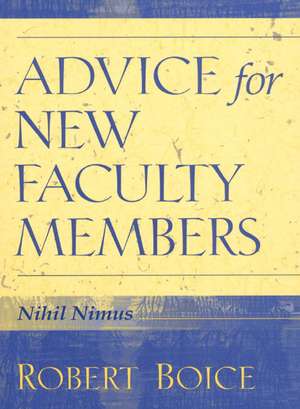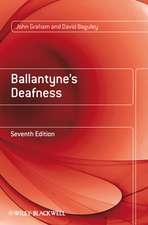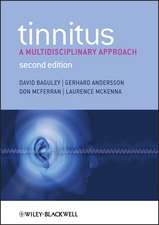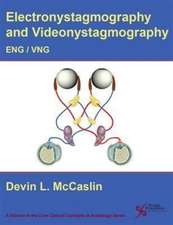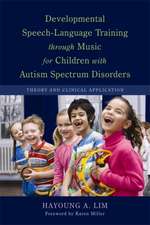Advice for New Faculty Members
Autor Robert Boiceen Limba Engleză Paperback – 31 dec 1999
Advice for New Faculty Members: Nihil Nimus is a unique and essential guide to the start of a successful academic career. As its title suggests (nothing in excess), it advocates moderation in ways of working, based on the single-most reliable difference between new faculty who thrive and those who struggle. By following its practical, easy-to-use rules, novice faculty can learn to teach with the highest levels of student approval, involvement, and comprehension, with only modest preparation times and a greater reliance on spontaneity and student participation. Similarly, new faculty can use its rule-based practices to write with ease, increasing productivity, creativity, and publishability through brief, daily sessions of focused and relaxed work. And they can socialize more successfully by learning about often-misunderstood aspects of academic culture, including mentoring. Each rule in Advice for New Faculty Members has been tested on hundreds of new faculty and proven effective over the long run -- even in attaining permanent appointment. It is the first guidebook to move beyond anecdotes and surmises for its directives, based on the author's extensive experience and solid research in the areas of staff and faculty development. For new teachers.
Preț: 559.28 lei
Preț vechi: 588.71 lei
-5% Nou
107.03€ • 116.22$ • 89.91£
Carte disponibilă
Livrare economică 02-16 aprilie
Specificații
ISBN-10: 0205281591
Pagini: 288
Dimensiuni: 154 x 228 x 18 mm
Greutate: 0.45 kg
Ediția:New.
Editura: Pearson
Locul publicării:Boston, United States
Descriere
Cuprins
Preface.
Introduction: Why New Professors Need Timely Advice.
1.MODERATE WORK AT TEACHING.
Wait.Begin Before Feeling Ready.Prepare and Present in Brief, Regular Sessions.Stop.Moderate Overattachment and Overreaction.Moderate Negative Thinking and Strong Emotions.Let Others Do Some of the Work.Moderate Classroom Incivilities.Summary and Extension of the Nihil Nimus Approach to Teaching.
2.Write in Mindful Ways.
Rationale for a Mindful Approach to Writing.Wait.Begin Before Feeling Ready.Prepare and Present in Brief, Regular Sessions.Stop.Moderate Overattachment and Overreaction.Moderate Negative Thinking and Strong Emotions.Let Others Do Some of the Work.Moderate Classroom Incivilities.A Summary of Chapter 2 and its Mindful Ways of Writing.
3.Socialize and Serve with Compassion.
Introduction: Why Compassion Is Ultimately Important.Learn about Academic Culture, Early, Patiently.Let Others Do Some of Your Work.Combine Self-Service with Service for Others.
General Summary: Catalog Sujmary of Nihil Nimus Rules.
Sources.
Appendix: Readings by the Numbers.
